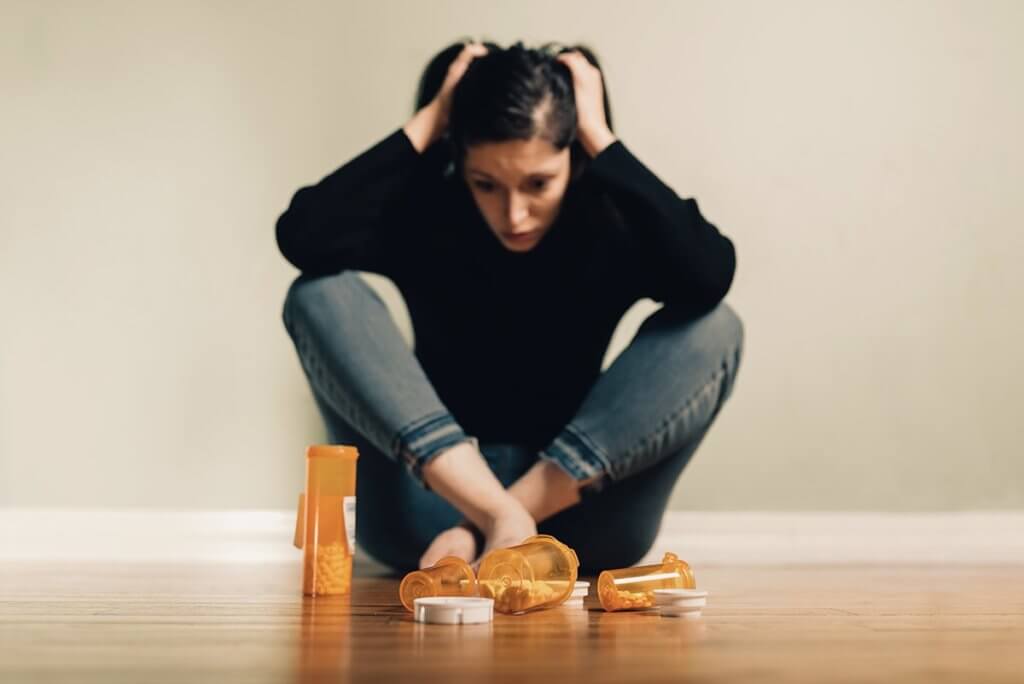In response to rising addiction rates and widespread overdoses, the United States has declared a public health emergency to help combat the opiate epidemic. The prevalence of opiate abuse has impacted countless Americans. For instance, unintentional drug overdoses have become the most common accidental cause of death in the country. When you exhibit signs and symptoms of opiate abuse, finding help from a qualified treatment center can significantly improve your odds of recovering.
Opiates can include prescription medications and illicit drugs. Often times, prescription opiates are more powerful than heroin, making them prone to abuse. Opiates work by drastically increasing the amount of dopamine your brain releases, which then creates feelings of euphoria. Unfortunately, opiates are both physically and psychologically addicting, which can make quitting difficult without help.
What are the Signs and Symptoms of Opiate Abuse?
The signs and symptoms of opiate abuse can sometimes be difficult to uncover, especially if you are concealing your drug use. Some of the most common signs and symptoms of opiate abuse include:
- Depression symptoms treatment
- Anxiety symptoms treatment
- Addiction to opiates
- Demonstrating changes in personality
- Chemical dependency
Opiate abuse can cause you to neglect personal, employment and familial obligations and cause significant financial harm. The cost to acquire opiates can exceed your available resources, potentially resulting in you turning to illegal methods in order to fund your opiate use. Side effects of long term opiate use can include things like liver damage, which in some cases is irreversible.
Opiate Addiction Treatment Explained
Opiate abuse is difficult to treat without help. Since addiction alters your brain chemistry, your brain begins craving opiates when you experience a trigger. A trigger is a person, place or thing that reminds you of opiates. When your brain associates opiates and triggers with pleasure, cravings can become extremely powerful and overwhelming.
Immediately stopping opiate use can result in physical withdrawal symptoms, such as nausea, cramping, and pain. Inpatient treatment centers and detox centers can help make your symptoms more bearable.
Inpatient and outpatient treatment centers utilize evidence-based treatments and holistic therapies to treat addiction. Treatment centers teach you about addiction, triggers, cravings and coping skills. Relapse prevention plans can help decrease your chances of using again following treatment.
Individual and group counseling can help you improve your thought processes and learn how to express your emotions.
Getting Help for Opiate Addiction
If you or a loved one is demonstrating the signs and symptoms of opiate abuse, taking the step to find treatment can be emotional. Liberty Bay, which has the best opiate addiction treatment center Portland Maine offers, knows what it takes to beat addiction. We have the experience, knowledge, and compassion to help you find recovery. Call us today at (855) 607-8758 to learn more about how our programs can help you or a loved one.




